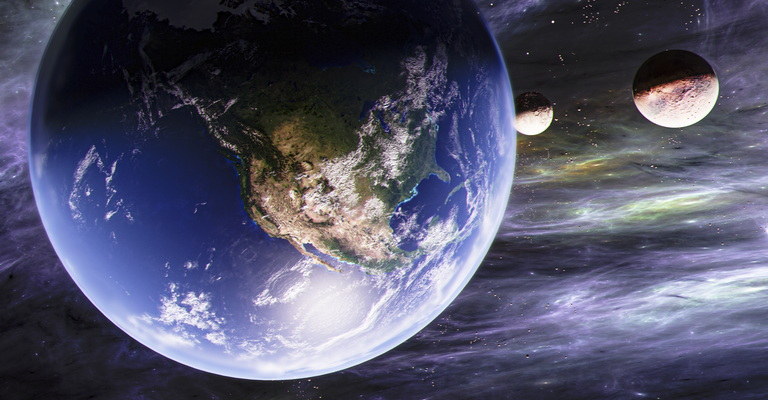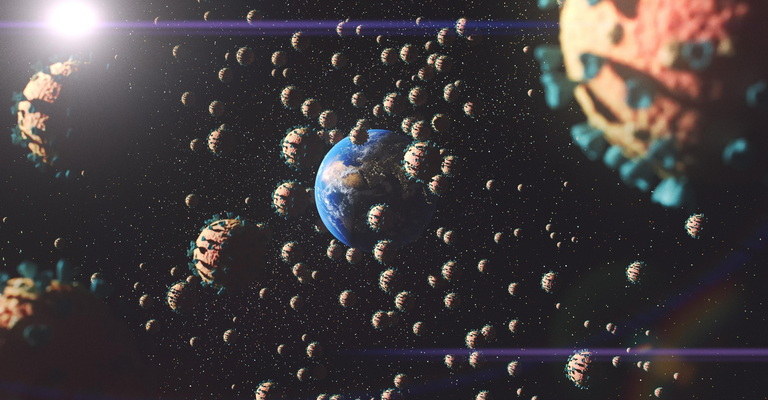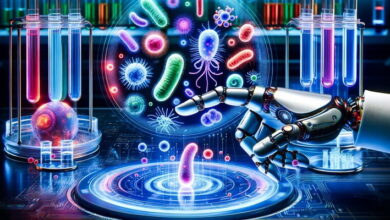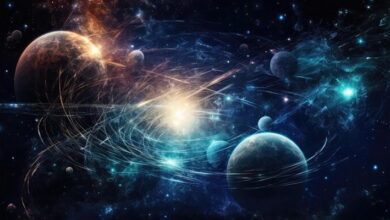Planetary Atmospheres MCQs with Answers

Welcome to the Planetary Atmospheres MCQs with Answers, it helps learners quickly identify areas for improvement in Planetary Atmospheres Online Test.
| Planetary atmospheres are the gaseous envelopes surrounding planets, significantly influencing their climate, weather, and potential habitability. Understanding these atmospheres is crucial for planetary science, and is often assessed through Planetary Atmospheres MCQs and planetary atmospheres quiz questions.
Atmospheric composition of planets MCQs explore the various gases present in different planetary atmospheres, such as nitrogen, oxygen, carbon dioxide, and methane. These questions help in understanding how the composition affects each planet’s climate and weather patterns. Climate and weather on other planets MCQs delve into the atmospheric dynamics, including temperature variations, storm systems, and seasonal changes, comparing them with Earth’s climate. Gas giants atmospheres MCQs focus specifically on the thick, turbulent atmospheres of planets like Jupiter and Saturn, examining their complex weather systems, including giant storms and strong winds. Planetary atmospheres multiple choice questions test knowledge on how these atmospheres form, evolve, and interact with solar radiation and space weather. Understanding planetary atmospheres provides insights into the diverse environmental conditions across our solar system and beyond, helping scientists in the search for extraterrestrial life and in planning future space missions. |
Planetary Atmospheres Online Quiz
By presenting 3 options to choose from, Planetary Atmospheres Quiz which cover a wide range of topics and levels of difficulty, making them adaptable to various learning objectives and preferences. You will have to read all the given answers of Planetary Atmospheres Questions and Answers and click over the correct answer.
- Test Name: Planetary Atmospheres MCQ Quiz Practice
- Type: Quiz Test
- Total Questions: 40
- Total Marks: 40
- Time: 40 minutes
Note: Answer of the questions will change randomly each time you start the test. Practice each quiz test at least 3 times if you want to secure High Marks. Once you are finished, click the View Results button. If any answer looks wrong to you in Quiz, simply click on question and comment below that question, so that we can update the answer in the quiz section.
Download Certificate of Planetary Atmospheres Test
On the end of Quiz, you can download the certificate of the quiz if you got more than 70% marks.
Planetary Atmospheres Flashcards
If you are interested to enhance your knowledge regarding Physics, Computer, and Biology please click on the link of each category, you will be redirected to dedicated website for each category.




